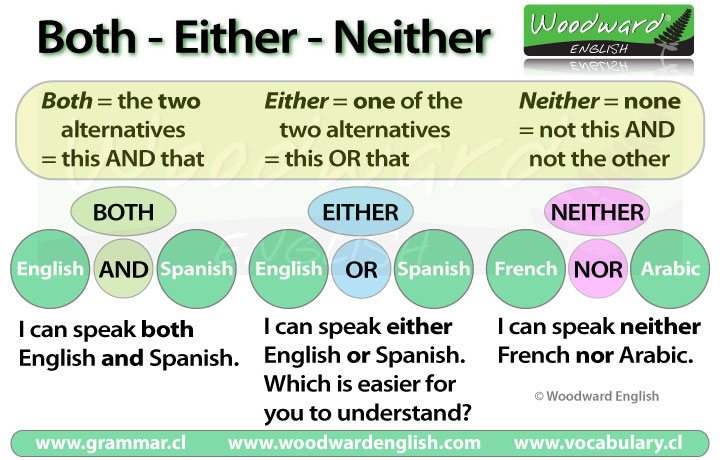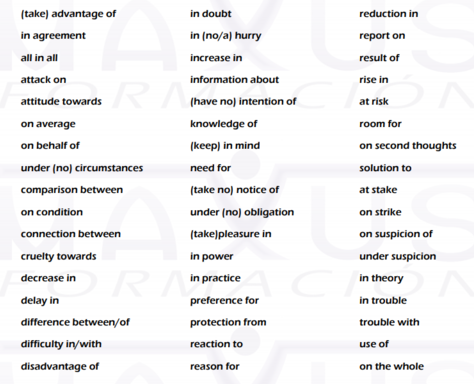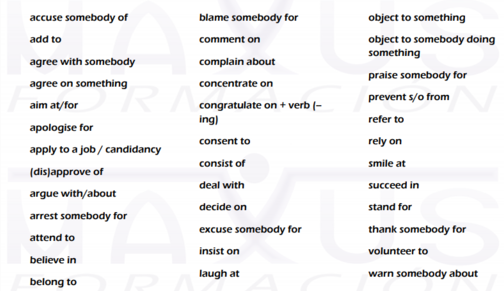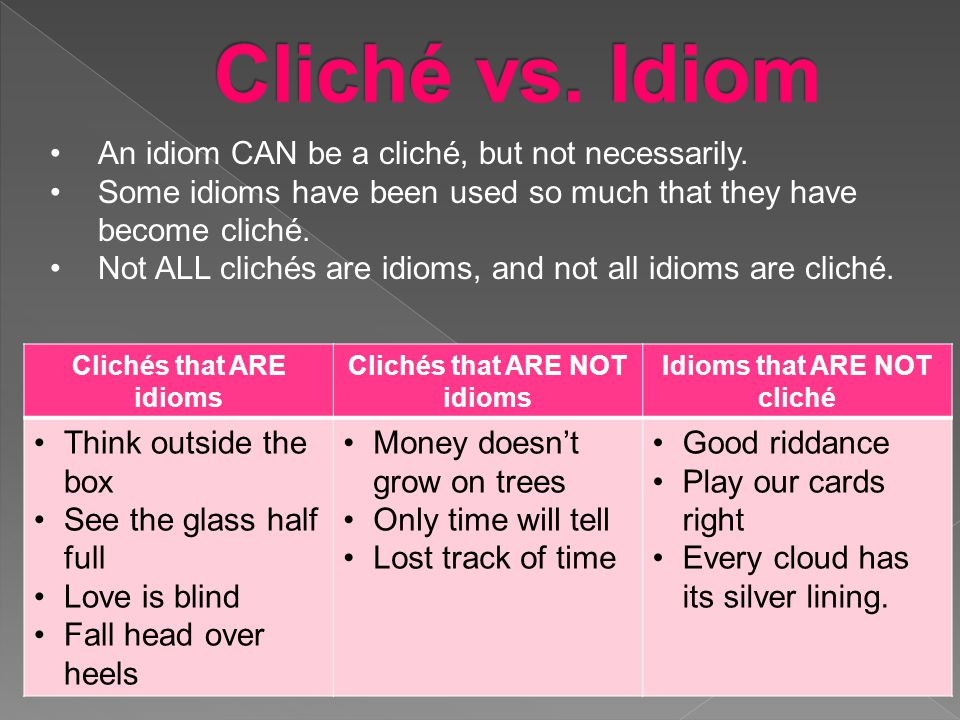Both - Either - Neither
We use both, either and neither to refer to two people or things.
BOTH
Both = the two; that one AND the other one; this one AND that one
Both can be used as a pronoun to refer to two things that we have already mentioned.
- A: Do you want the blue shirt or the red one?
B: I’ll buy both (= the blue shirt AND the red shirt = both shirts)
Both X and Y
= not only X but also Y
Both + Adjective + and + Adjective
- He’s both tall and handsome.
- I’m both happy and confused at the same time!
- I have had a long, hard day and I’m both tired and hungry.
Both + Noun + and + Noun
Both can be used with a singular noun + and + singular noun
- She speaks both English and Arabic.
- They have both a cat and a dog.
- He is both an actor and a director.
We can also use Both + plural noun (see more below)
- She speaks both languages.
Both or Both of?
Both or Both of can be used without a difference in meaning though Both of is more common in the United States.
Both (of) + determiner + plural noun
You can use Both or Both of before a determiner (my, his, these, the etc.) and a plural noun.
- Both (of) my friends arrived late to class.
- Both of the wheels wobble too much.
- A prize was given to both of the players.
When we use Both (without of), we drop the article the.
- Both of the parents were nervous.
- Both parents were nervous.
Both of + Object Pronoun
When using Both with an object pronoun (me, you, him, her, it, us them), we need the preposition OF before that pronoun.
- He has invited both us. (incorrect)
- He has invited both of us. (correct)
- I’ll take both of them. (correct)
- I need to speak to both of you. (correct)
Verb + Object pronoun + both
We can use both after an object pronoun
- I hope they invite us both (= I hope they invite both of us)
- Do you need them both? (= Do you need both of them)
- The teacher sent them both to the principal’s office.
To be + both
Both comes after To Be (or an auxiliary such as have or modal verbs).
- He is both intelligent and agile.
- My sister and I are both ready for the trip.
- We were both happy with our exam results.
Modal verb + both + verb
- My parents can both speak French.
- They should both try harder.
- My brothers would both be shocked if they knew the truth.
Both + other verbs
Both goes before the other verbs. If there is an accompanying auxiliary verb, then it goes in the middle of the two verbs (i.e. auxiliary + both + verb)
- We both wanted to stay in bed and not go to work.
- They both liked the surprise.
- My parents both work in the same building.
- They have both studied a lot.
Both - Negative
We don’t use both in negative structures. Instead, we normally use Neither.
- We don’t say: Both of them are not ready (incorrect)
- We say: Neither of them are ready (correct)
See more about Neither below:
NEITHER
Neither = not one and not the other
Neither is a negative word and is accompanied by an affirmative singular verb.
Neither is a negative word and is accompanied by an affirmative singular verb.
Neither X nor Y
Neither … nor … is used as a conjunction. It is the opposite of “Both … and …” If a verb comes after this phrase, that verb is in the singular form (Sometimes you will hear it used in the plural form though it is not grammatically correct)
- Neither John nor Fred likes doing the dishes. (= “Both John and Fred don’t like doing the dishes”)
- I want neither the red shirt nor the blue shirt.
- I neither smoke nor drink.
Neither + singular noun
Neither is used as a determiner before a single noun.
- Neither team wanted to lose.
- That tennis game was very close. Neither player had a clear advantage.
- Neither parent knew about the accident.
Neither of + determiner + plural noun
You can use Neither of before a determiner (my, his, these, the etc.) and a plural noun.
- Neither of my friends came to class today.
- Neither of the parents understood what the baby was trying to say.
- Neither of our cars has enough petrol so we have to take the bus.
Neither of + Pronoun
When using Neither + of + pronoun (you, us, them), we need the preposition OF before that pronoun. (If a verb comes after this phrase then it is in singular form)
- The present is for neither of us.
- Neither of them is married.
- Neither of us expected to be fired.
Neither in short responses
Neither is frequently used as part of a short response when someone says something negative and you agree with them.
- A: I have never been to Switzerland
- B: Neither have I.
- A: I don’t want to go.
- B: Neither do I.
See more about So, Neither and Either as short answers
Neither can also be used alone.
- A: Would you like a blue tie or a green tie?
- B: Neither. (= Neither tie)
Neither vs. Either
You can use Either with a negative verb to replace Neither with a positive verb
- I have neither time nor money
- I don’t have either time or money.
See more about Either below.
EITHER
Either = any one of the two = this one or the other one
Either is accompanied by an affirmative singular verb and is mostly used in questions or negative sentences
Either is accompanied by an affirmative singular verb and is mostly used in questions or negative sentences
Either X or Y
Either … or … is used as a conjunction. It is used to express alternatives and or a choice between two (and sometimes more) things. It is used a verb in singular form (Sometimes you will hear it used in the plural form though it is not grammatically correct).
- Either you or John has to finish the report before 5pm.
- You can have either the red shirt or the blue shirt. (= but not both)
- Either you leave the building now or I call the security guards.
Either + singular noun
Either is used as a determiner before a single noun.
- There are only two options and I’m not interested in either film.
- A: Do you want it ready for Thursday or Friday? B: Either day is fine for me.
Either of + determiner + plural noun
You can use Either of before a determiner (my, his, these, the etc.) and a plural noun.
- We’ve been dating for 6 months and I haven’t met either of her parents.
- I haven’t read either of these books.
- I don’t want either of those apples. Do you have one that is not rotten?
Either + of + Pronoun
When using Either + of + object pronoun (you, us, them), we need the preposition OF before that pronoun.
- I don’t think he is going to invite either of us.
- A: Which photo do you prefer? B: I don’t like either of them
- I think I left my keys and wallet at the office. I don’t want to lose either of them.
Either can also be used alone. It means it doesn’t matter which alternative. Sometimes it is accompanied by the pronoun “one”.
- A: Would you like a coffee or a tea?
- B: Either (one). (= I don’t mind if it’s coffee or tea, both alternatives are fine)
Either in short responses
Either can be used at the end of a negative sentence when you agree with something negative someone else has said. It is similar to meaning TOO and ALSO (which are used in affirmative sentences).
- A: I wasn’t thirsty. B: I wasn’t either. (You cannot say “I wasn’t too”)
- A: I’ve never been to Portugal. B: I haven’t either.
- A: I didn’t go to class yesterday. B: I didn’t either
See more about So, Neither and Either as short answers
Pronunciation of Either and Neither
You will hear the word Either pronounced two different ways:
- /ˈaɪðər/ (eye-ther – with a long I sound at the beginning) – British English
- /ˈiːðər/ (ee- ther – with a long E sound at the beginning) – American English
Both forms of pronunciation are correct and supposedly one is British English and the other American English. However within each country you may hear both forms used.
The same happens with the pronunciation of the word Neither:
- /ˈnaɪðər/ – British English
- /ˈniːðər/ – American English
Both, Either, Neither Summary Chart

Next activity
Try our interactive game to practice the difference between Both, Either and Neither.
See more about So, Neither and Either as short answers




